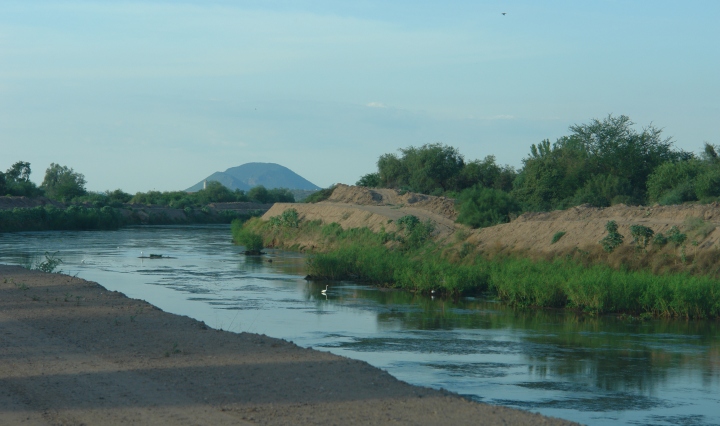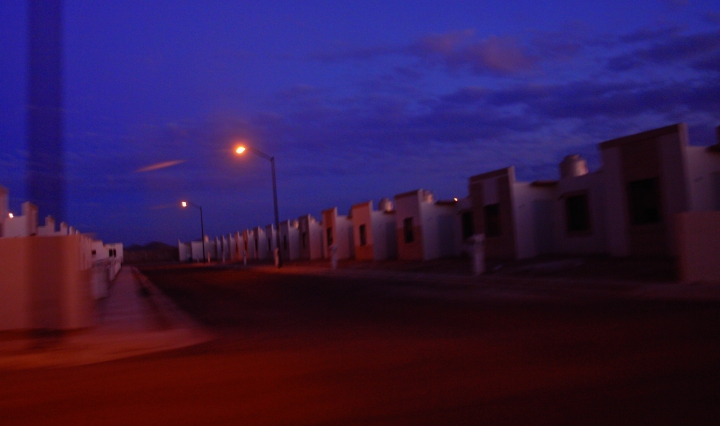
‘The Dry Salvages’ of T. S. Eliot and the Yaqui River Delta in Sonora, Mexico
In 1941, T.S. Eliot acknowledged THE RIVER as a god, ‘unhonoured, unpropitiated by worshippers of the machine … the problem once solved, the brown god is almost forgotten by the dwellers in cities’. He mentioned this in the poem ‘The Dry … Continue reading ‘The Dry Salvages’ of T. S. Eliot and the Yaqui River Delta in Sonora, Mexico







